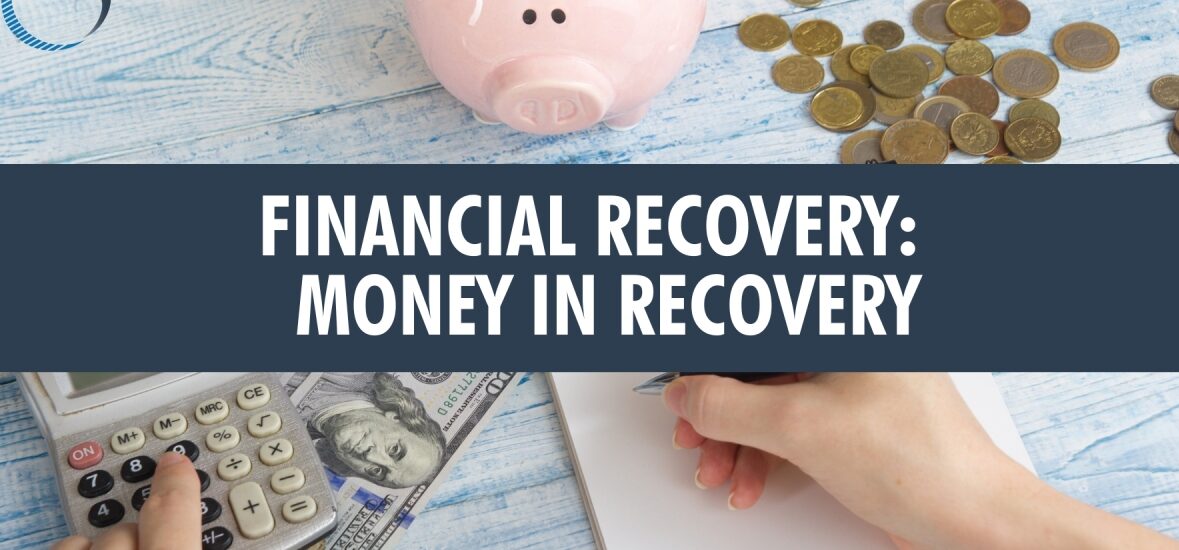Introduction : Financial Recovery After Loss
Facing financial loss—whether due to job loss, divorce, medical expenses, or the passing of a loved one—can be overwhelming. The emotional toll is heavy, and the financial strain can make it even harder to move forward. However, financial recovery after loss is possible with the right mindset, strategy, and resources. This guide will provide actionable steps to regain stability, rebuild your finances, and regain confidence in your financial future.
Assessing Your Financial Situation : Financial Recovery After Loss

Before making any financial decisions, it’s essential to take a clear look at where you stand.
- List all assets and liabilities – Identify savings, investments, debts, and monthly expenses.
- Review income sources – Determine if you have income from employment, benefits, or investments.
- Prioritize essential expenses – Focus on housing, food, utilities, and insurance.
Having a clear understanding of your financial status helps in making informed decisions about the next steps.
Creating a New Financial Plan : Financial Recovery After Loss
Adjusting to a changed financial situation requires a fresh plan. Here’s how to create one:
1. Set Realistic Financial Goals : Financial Recovery After Loss
- Short-term: Cover immediate expenses and avoid further debt.
- Medium-term: Pay off outstanding debts and rebuild emergency savings.
- Long-term: Establish financial security through investments and passive income sources.
2. Rebuild Your Budget
Adjust your budget based on your new income and expenses:
- Cut unnecessary expenses – Evaluate subscriptions, dining out, and luxury spending.
- Negotiate bills and debt payments – Contact creditors to discuss lower payment plans or interest rates.
- Look for financial assistance – Government programs, community resources, and nonprofit organizations can help in times of crisis.
3. Establish an Emergency Fund
Having an emergency fund prevents future setbacks. Start small by saving a portion of any incoming funds until you reach three to six months’ worth of expenses.
Rebuilding Credit After Financial Loss

If financial hardship has impacted your credit score, rebuilding it should be a priority.
- Make timely payments – Paying bills on time improves credit history.
- Lower credit utilization – Keep your credit card balances low relative to your limit.
- Avoid new debt – Focus on paying off existing debt before taking on more.
Consider a secured credit card or credit-building loan if your score has dropped significantly.
Generating New Income Sources
Increasing your income can accelerate your financial recovery.
- Freelancing and gig work – Platforms like Upwork, Fiverr, or TaskRabbit offer short-term earning opportunities.
- Part-time or remote work – Explore flexible jobs that fit your skill set.
- Selling unused items – Decluttering your home and selling items online can provide quick cash.
Managing Emotional and Mental Well-Being
Financial setbacks can be mentally exhausting.
- Seek professional guidance – A financial advisor or therapist can provide helpful insights.
- Stay connected – Talk to family, friends, or support groups for encouragement.
- Practice self-care – Exercise, meditate, and maintain a healthy routine to reduce stress.
Moving Forward with Confidence
Rebuilding after financial loss is a process, but with patience and persistence, financial stability is achievable. Track your progress, celebrate small wins, and stay committed to your recovery plan.
FAQs
How long does it take to recover financially after a loss?
The timeline varies depending on the severity of the financial loss, income level, and financial discipline. On average, recovery can take a few months to several years.
What’s the best way to start rebuilding credit after financial hardship?
Start by making on-time payments, keeping credit utilization low, and avoiding new debt. A secured credit card can also help rebuild credit over time.
Are there any financial assistance programs available?
Yes, various government and nonprofit organizations offer temporary financial assistance for housing, food, and medical expenses. Research local programs that may apply to your situation.






